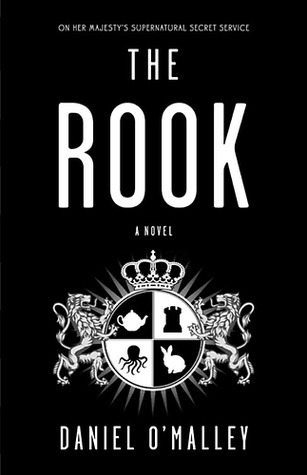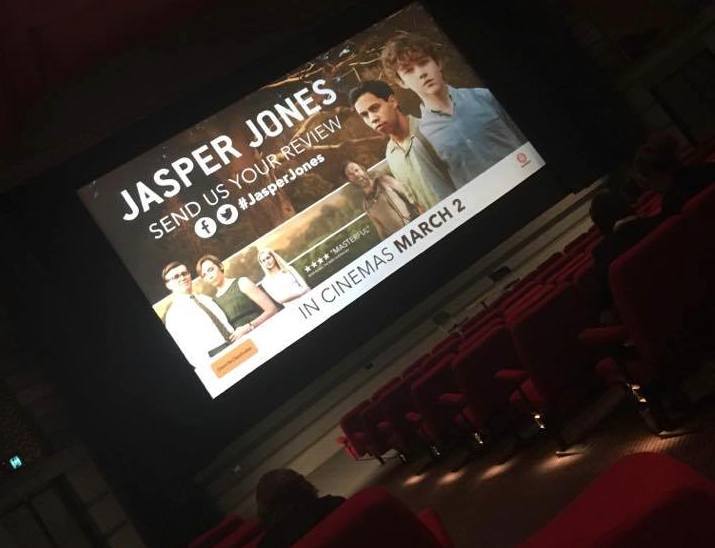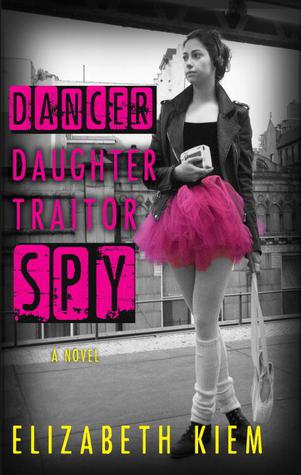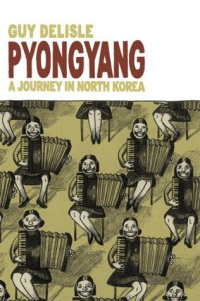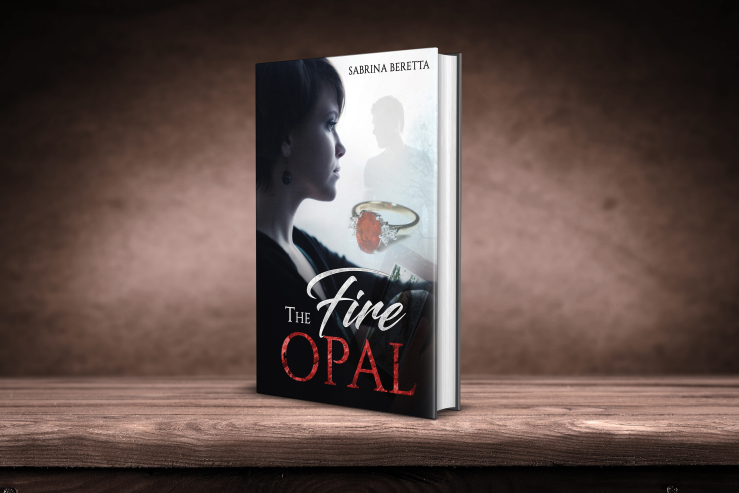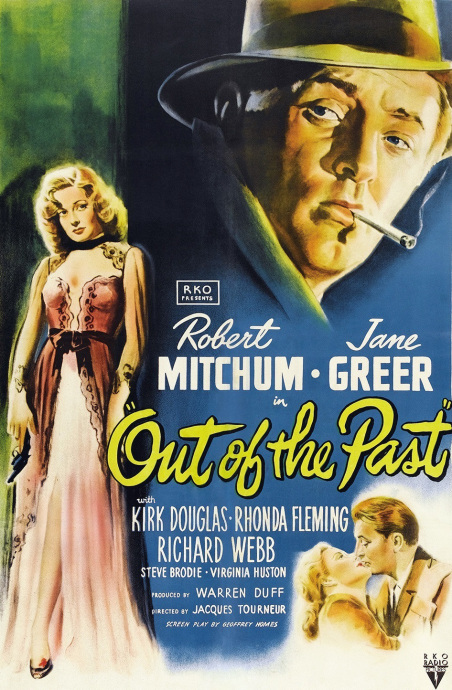 The Noir Odyssey
The Noir Odyssey
Writer: Daniel Mainwaring (pseudonym), James M. Cain (uncredited), Frank Fenton (uncredited)
Based on the novel “Build My Gallows High” by Mainwaring (pseudonym)
Director: Jacques Tourneur
Cinematographer: Nicholas Musuraca
Music: Roy Webb
Cast: Robert Mitchum, Jane Greer, Kirk Douglas, Rhonda Fleming
Release: November 25, 1947
Studio: RKO Radio Pictures
Percent Noir: 100%
If a person had never heard of film noir and you wanted to introduce them to the genre, chances are the first thing you’ll do is bring up four very distinct films – “Detour,” “Double Indemnity,” “The Maltese Falcon” and “Out of the Past.” These are the four cornerstones of noir… the inescapable masterpieces that defined the genre and sum up everything awesome that can be found in the shadows, grit and gunshots of this world.
 “Out of the Past” is a hypnotic experience from the first frame to the last. That sounds like hyperbole, but I dare you to look away once the credits begin to role at the outset. It works on two levels. On the first, director Jacques Tourneur and his cinematographer and ofttimes collaborator Nicholas Musuraca create an engaging atmosphere that tells a simple, elegant visual story one could follow with the film muted. But then there’s the second, with the definitive noir script, a cobbled-together collaboration from three wonderful writers, all of whom go uncredited in the final film – the only named screenwriter is Geoffrey Holmes, the pseudonym for Daniel Mainwaring.
“Out of the Past” is a hypnotic experience from the first frame to the last. That sounds like hyperbole, but I dare you to look away once the credits begin to role at the outset. It works on two levels. On the first, director Jacques Tourneur and his cinematographer and ofttimes collaborator Nicholas Musuraca create an engaging atmosphere that tells a simple, elegant visual story one could follow with the film muted. But then there’s the second, with the definitive noir script, a cobbled-together collaboration from three wonderful writers, all of whom go uncredited in the final film – the only named screenwriter is Geoffrey Holmes, the pseudonym for Daniel Mainwaring.
Mainwaring also wrote the novel the film was based on, which was awesomely titled “Build My Gallows High.” You hear that name and you’re like “How can someone ever come up with a better noir name than that?!” Then you hear it was replaced with the name “Out of the Past” and you’re like “How can I ever decide between which is better?!” He wrote a draft of the screenplay, which was subsequently rewritten by noir maestro James M. Cain (who penned the novels “The Postman Always Rings Twice,” “Mildred Pierce” and “Double Indemnity”) and then rewritten again by the lesser-known Frank Fenton.
The plot begins with Jeff (Robert Mitchum) at peace in a small mountain town, about to be engaged to good girl Ann (Virginia Huston). But he’s spotted by a man from his past, and soon he’s dragged back into a world of private dicks and gangsters. He explains his past to Ann in a 40 minute long flashback – how he was a detective hired by gangster Whit Sterling (Kirk Douglas) to track down a woman named Kathie (Jane Greer), who stole $40,000 from him. Jeff finds Kathie in Mexico and, surprise surprise, is immediately seduced by the femme fatale. Sex and dead bodies happen sooner rather than later, and Jeff hid out in the mountain town to start over, but the claws are now back in him.
The second half gets much more complex, with Jeff hired again by Whit to get a ledger of tax statements in San Francisco, but Whit’s planning on making him a fall guy for murder. Is it smart that Whit is planning all this in connection with his very real need to get those tax statements? Probably not, but go with it. Kathie switches sides multiple times in every scene, Jeff acts tough but really likes being used… and they both end up dead.
Again, this is probably going to sound like hyperbole but it’s not – this movie has no bad lines. Seriously. Do you know how impossible that is? There’s not a single clunky line of dialogue, or a moment where a line feels wrong for a character… it all works. Even better, nearly every line is quotable – this screenplay is as witty, literate and fast-paced as something like “Bringing Up Baby,” minus the big cat and plus bullet holes. There are probably a dozen or more famous quotes from “Out of the Past,” but if you transplanted most of the dialogue to other films, you’d find those lines became the most quoted from those movies. The trio of screenwriters manage to perfectly define and differentiate the characters while still giving them all the same venomous pitter-patter of dialogue.
Mitchum was born to play this type of role, and spent a great portion of the ‘40s and ‘50s playing variations on it, always with that crazy tie folded up on his shirt, as if it was chopped off with scissors. “Angel Face,” “His Kind of Woman,” “The Big Steal,” “Where Danger Lives” … I could go on. It started with his face – strong features but with a really weak chin. That about sums up Jeff and his many variations… he could be nasty and talk a big talk, but he has an ambivalence in his persona that makes him seem malleable under the right circumstances. And those circumstances almost always involve a dame.
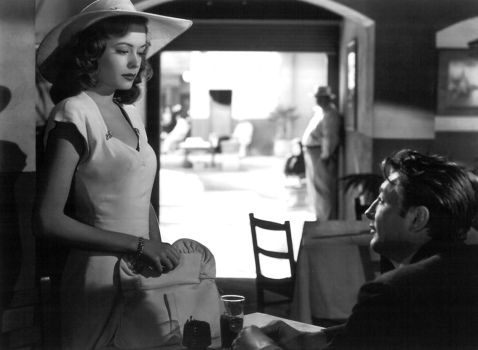 And what a dame Greer was. She never had the extensive filmography her costars Mitchum or Douglas would have, but she made every one of her roles count. Her work here defines what a femme fatale is just as much as Barbara Stanwyck in “Double Indemnity.” It’s such a difficult proposition to pull off being so slimy while still retaining your seductiveness – in many lesser fatales’ hands, you begin to roll your eyes when they start spewing a new line in every scene. But Greer? She makes it impossible to look away – you genuinely are engaged with how Kathie is going to react in any given situation, as she bounces from alliance to alliance like a pinball.
And what a dame Greer was. She never had the extensive filmography her costars Mitchum or Douglas would have, but she made every one of her roles count. Her work here defines what a femme fatale is just as much as Barbara Stanwyck in “Double Indemnity.” It’s such a difficult proposition to pull off being so slimy while still retaining your seductiveness – in many lesser fatales’ hands, you begin to roll your eyes when they start spewing a new line in every scene. But Greer? She makes it impossible to look away – you genuinely are engaged with how Kathie is going to react in any given situation, as she bounces from alliance to alliance like a pinball.
Douglas is also very good in one of his early roles, oozing danger despite being so jolly and sweet for 95% of his screen time. Until he loses his shit in the final act, he never lets his “let’s all be pals” persona drop for a second, even when he’s subtly threatening Mitchum. A lesser actor would have definitely thrown in some moments of menace, but Douglas knows that the tension comes from waiting for him to drop the act, so he doesn’t, and the movie is better for it.
Tourneur, of course, is one of the best directors in the history of film. Though he did good work on B detective flicks like “Nick Carter, Master Detective,” he really took off when he teamed with horror producer Val Lewton. He directed no less than three great films with Lewton – “Cat People,” “The Leopard Man” and “I Walked With a Zombie,” and then broke with Lewton and set his sights on crime. The way Tourneur balances the brightness of the California skyline with the shadows and darkness of San Francisco is masterful, and every scene feels weirdly iconic – as if you are watching the very best version of every moment. Again, not hyperbole.
I’ve seen “Out of the Past” probably a dozen times, and it never gets old. Watching the film is still surprising all this time later. It doesn’t get much better than this, folks.
Score: *****
Advertisements Share this: